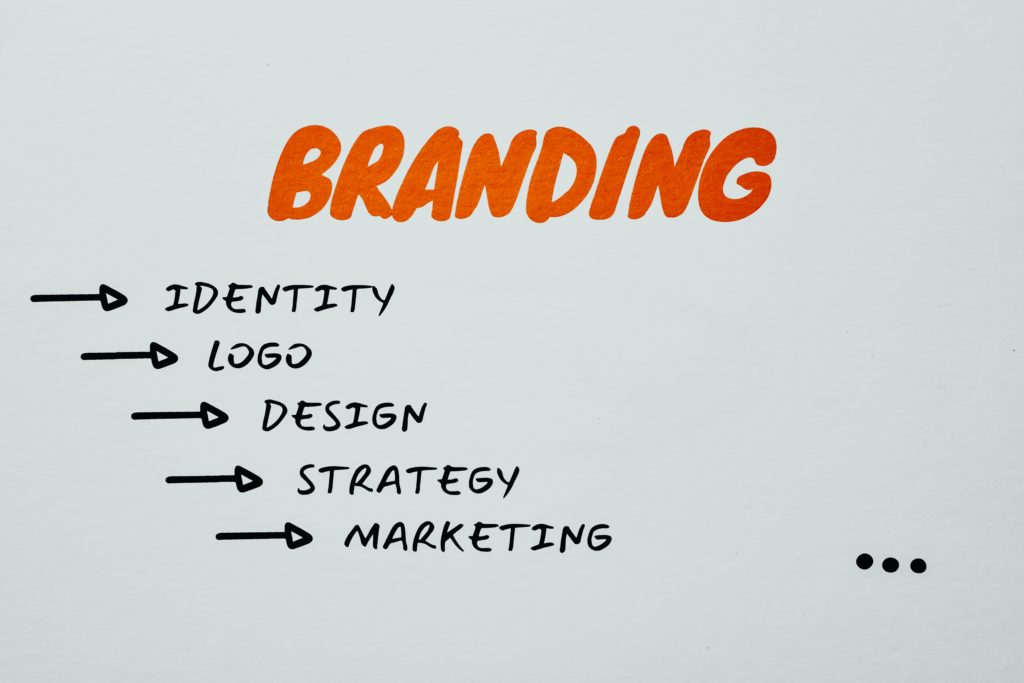
Branding the Modern World
Organisations are facing challenges in defining what their brand stands for in a world being reconfigured by powerful forces including a global pandemic and climate change. How do they do so in a way that avoids being a worn-out cliché?
First, a reminder of what a brand is;
Despite the ubiquity of brands and branding, and despite all the talk only a few people seem to understand what the word brand actually means. A brand is a combination of name, term, symbol, visual and verbal language that helps differentiate a product, service, or organisation from its competitors. A corporate brand serves to describe the whole organisation and the ethos that drives it. In recent years, it has become necessary to articulate what the organisation stands for – brand purpose has become all important. Today’s consumers are not just looking for a good product or service, they’re looking at how organisations behave in the world.

For corporate brands, many organisations are revaluating the purpose of their brand, re-thinking the role they should play in shaping a modern and more sustainable world. 2021 was a minefield as they sought to deal with deeply polarising issues that upended life around the globe, navigating a difficult path between keeping investors happy while responding to increasing demands from stakeholders, both internal and external. These stakeholders seek authenticity – meaningful action for the good of society and the planet – but feel let down by the lack of commitment to bring projects full cycle. Facebook is a high-profile example of an organisation that ended 2021 with a reputation in tatters due to its inability to police content, deal with user privacy problems and match actions to promise. It is not a coincidence that Facebook has changed the name of its parent company to Meta in an attempt to limit further damage to the organisation.
Many organisations are finding it difficult to talk publicly about a purpose that most now share – measuring success against more than the bottom line – while at the same time seeking to differentiate themselves in a crowded marketplace.
As the pace of climate change accelerates, sustainability is a particular challenge. Actions speak louder than words. Last year’s UN annual climate change conference, (Cop26), again highlighted the need for more sustainability driven policies, products and practises, and there is now an expectation that brands start delivering on their promises.
Organisations need to dig deep to find a space and a voice that is authentic – backed by substance and action. Corporate brands that define and clarify what the organisation is doing to live up to its purpose and can demonstrate purpose in action will create meaningful impact. This means making claims that are honest, easy to understand while being factual and avoiding jargon (occupational specific language). Not over-stating actions and progress made. Where possible, providing proof points that back up the organisation’s claims.
With the watchful eye of Investors, customers, employees and the public on them, there are nowhere to hide as the interested parties are expecting results that match the promised projection.

By Caroline O’Driscoll Brand Consultant, Manasianandco strategic brand consultancy based in London, UK.
